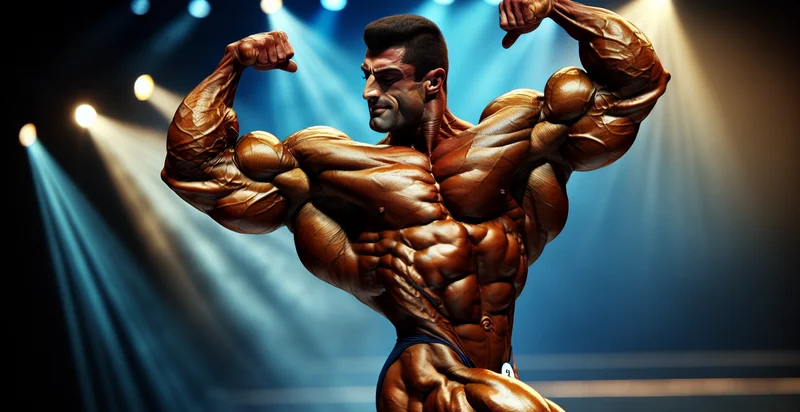Identify how strong someone is
using AI
Below is a free classifier to identify how strong someone is. Just upload your image, and our AI will predict how strong someone is - in just seconds.

Contact us for API access
Or, use Nyckel to build highly-accurate custom classifiers in just minutes. No PhD required.
Get started
import nyckel
credentials = nyckel.Credentials("YOUR_CLIENT_ID", "YOUR_CLIENT_SECRET")
nyckel.invoke("how-strong-someone-is", "your_image_url", credentials)
fetch('https://www.nyckel.com/v1/functions/how-strong-someone-is/invoke', {
method: 'POST',
headers: {
'Authorization': 'Bearer ' + 'YOUR_BEARER_TOKEN',
'Content-Type': 'application/json',
},
body: JSON.stringify(
{"data": "your_image_url"}
)
})
.then(response => response.json())
.then(data => console.log(data));
curl -X POST \
-H "Content-Type: application/json" \
-H "Authorization: Bearer YOUR_BEARER_TOKEN" \
-d '{"data": "your_image_url"}' \
https://www.nyckel.com/v1/functions/how-strong-someone-is/invoke
How this classifier works
To start, upload your image. Our AI tool will then predict how strong someone is.
This pretrained image model uses a Nyckel-created dataset and has 8 labels, including Average Strength, Elite Strength, Getting There, Not Strong, Quite Strong, Strong, Very Strong and Weak.
We'll also show a confidence score (the higher the number, the more confident the AI model is around how strong someone is).
Whether you're just curious or building how strong someone is detection into your application, we hope our classifier proves helpful.
Related Classifiers
Need to identify how strong someone is at scale?
Get API or Zapier access to this classifier for free. It's perfect for:
- Personalized Fitness Programs: This function can be used by fitness apps to assess an individual's strength level based on their physical attributes and activity history. By accurately determining strength, the app can tailor personalized workout plans that align with the user's fitness goals.
- Sports Team Recruitment: Coaches can utilize this identifier to evaluate potential recruits for strength-related sports. By assessing physical strength upfront, coaches can streamline their selection process and assemble a more competitive team.
- Insurance Risk Assessment: Insurance companies can leverage this function to assess the physical strength of applicants, affecting their premiums for life and health insurance. Individuals identified as strong may be offered lower rates, encouraging healthy lifestyles while mitigating risks for insurers.
- Workplace Wellness Programs: Organizations can incorporate this technology into their wellness initiatives to assess employees' physical strength. This insight can help the company design ergonomic workstations and personalized health interventions that promote employee well-being and productivity.
- Rehabilitation Programs: Physical therapy centers can use the strength identifier to track patients’ recovery progress. By analyzing strength levels, therapists can adjust treatment plans accordingly, ensuring that rehabilitation methods are effective for each individual's recovery journey.
- Gaming and Virtual Reality Fitness: Game developers can integrate this function into virtual reality fitness games, adapting challenges based on a player's strength level. This can enhance user engagement and enjoyment while providing a more personalized gaming experience.
- Strength-based Online Marketplaces: E-commerce platforms focused on fitness equipment or training can use this functionality to match users with appropriate products. By identifying consumers' strength levels, retailers can recommend suitable equipment and gear, improving customer satisfaction and sales.


